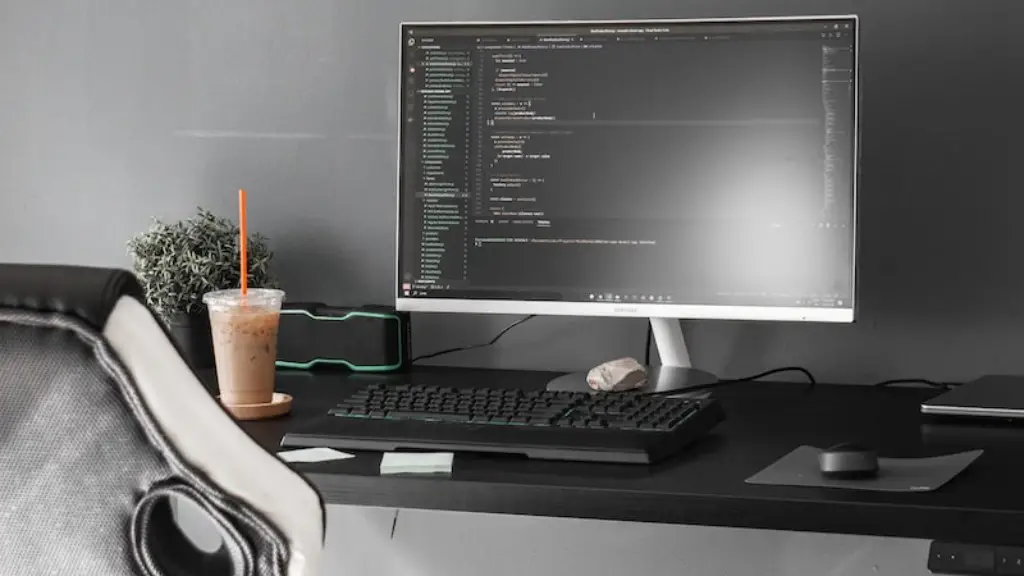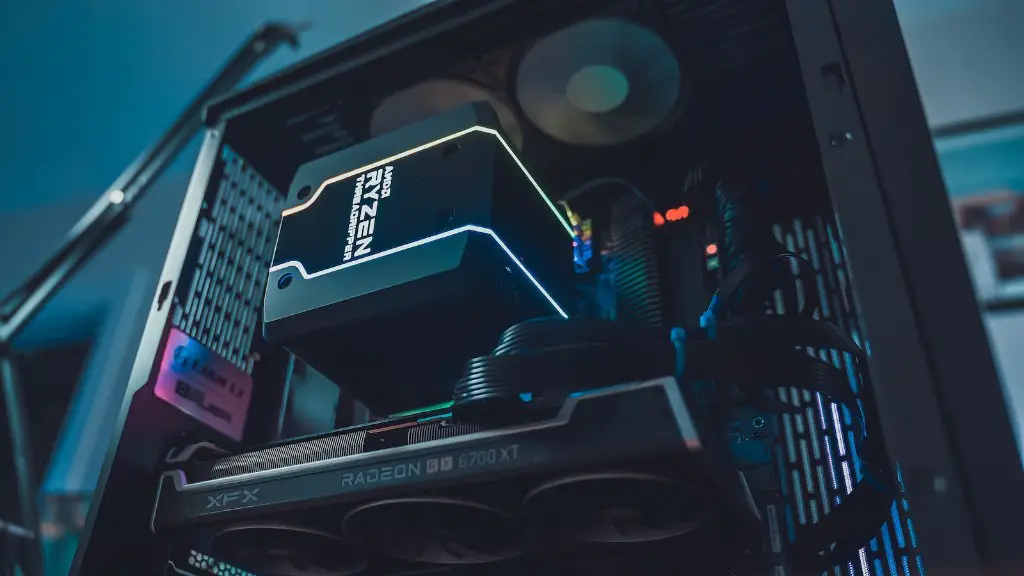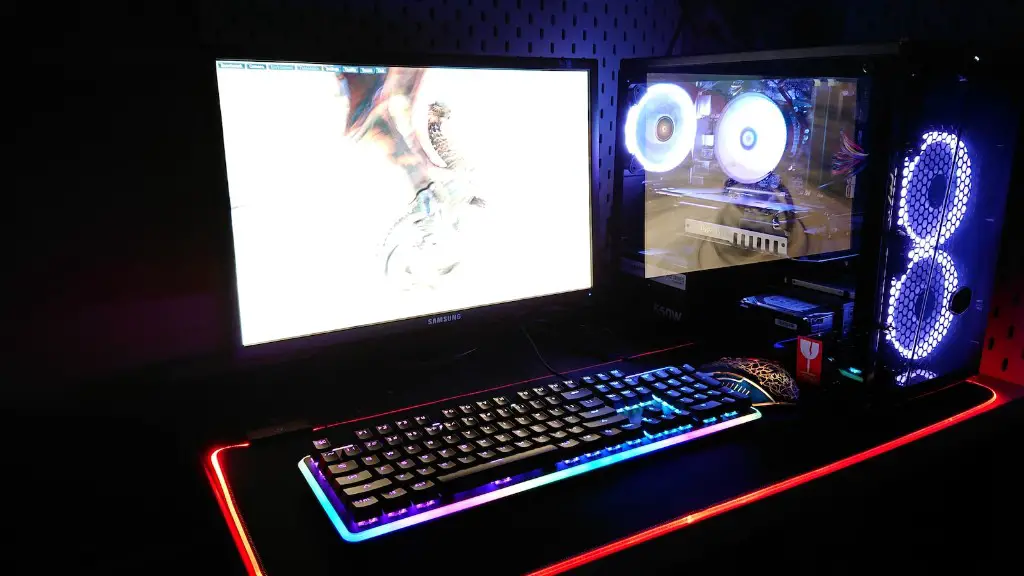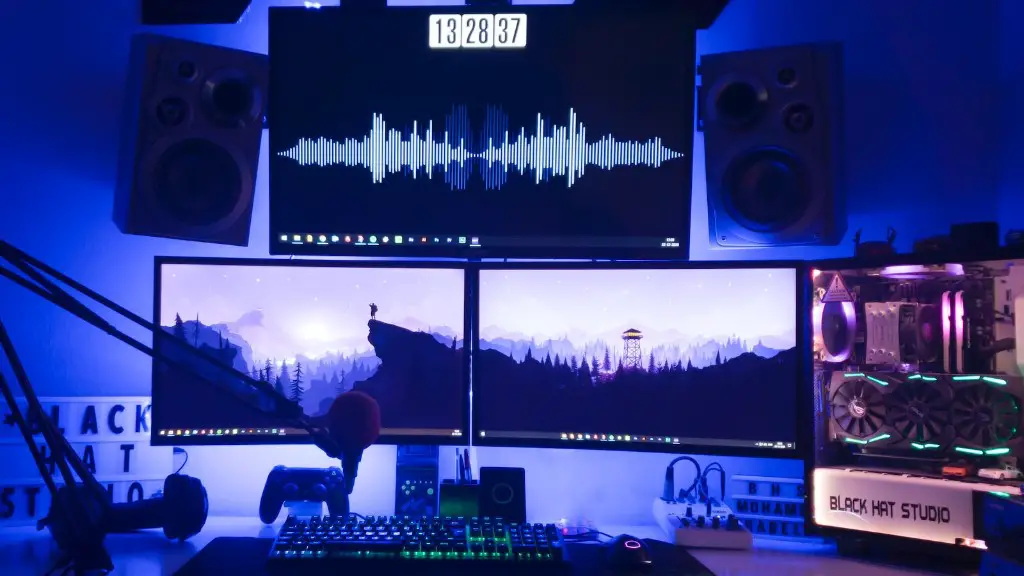Slow gaming PCs are an unfortunate reality for many gamers. When games become too sluggish to run, it can lead to a poor experience, and it can be very frustrating. If you’re trying to work out why your gaming PC is slow, there are a few common causes that you should look out for.
The first place to start is to make sure that you have the latest drivers for your system. Out-of-date drivers can create conflicts in the system that can slow its speed. If your drivers are behind, be sure to get them updated.
Insufficient resources are another common issue when it comes to slow gaming PCs. Your PC might need more RAM or storage than what it currently has. You can upgrade your RAM or add an SSD to your system to help increase your gaming PC’s performance.
age can also be an issue for gaming PCs. If you’ve had the same PC for a few years, it might be struggling to keep up with the latest games. If that’s the case, it might be time to upgrade your hardware to something new.
Finally, malware and viruses can slow down a gaming PC. Make sure you have a reliable antivirus program running on your machine and that your system’s security patches are up to date. Properly securing your system will help protect it from malicious software.
Thermal Issues
Another potential cause of slow gaming PCs is thermal issues. If your PC is running too hot, it can put a strain on the system and cause it to slow down. Make sure all the fans in your system are running so that it can stay cool. Cleaning out the dust from your PC can also help improve airflow and reduce the system’s temperature.
System Overload
If you’re running too many applications or games at once, it can put a strain on your PC’s resources and slow it down. Before launching your game, make sure you close any unnecessary applications that could be competing for resources.
Background Programs
Many games aren’t the only thing running on your PC. You might have background programs that you don’t even realize are running. Check the startup menu and close any programs that you don’t need running while you game.
Steam and Other Marketplaces
Steam and other marketplaces are convenient places to buy and manage your games. However, they can also cause performance issues because they run in the background and take up resources. Close them if you don’t need them.
Network Issues
Finally, make sure your network isn’t the source of your issues. If you’re playing online, a slow connection can cause lag and slow down your game. If you think your network might be to blame, make sure you’re connected to the fastest internet possible.
Defragmenting Hard Drives
If your gaming PC is running slow, you should consider defragmenting the hard drive. Defragmenting a hard drive rearranges the data stored on it, which can help improve your PC’s speed. Most PCs come with a built-in program for defragmenting, so you don’t need to purchase any additional software.
Regular Maintenance
Finally, you should make sure you’re doing regular maintenance on your PC. Uninstalling old applications and cleaning up your hard drive can help free up space and make your PC run faster. Be sure to also run regular scans for malware and viruses.



